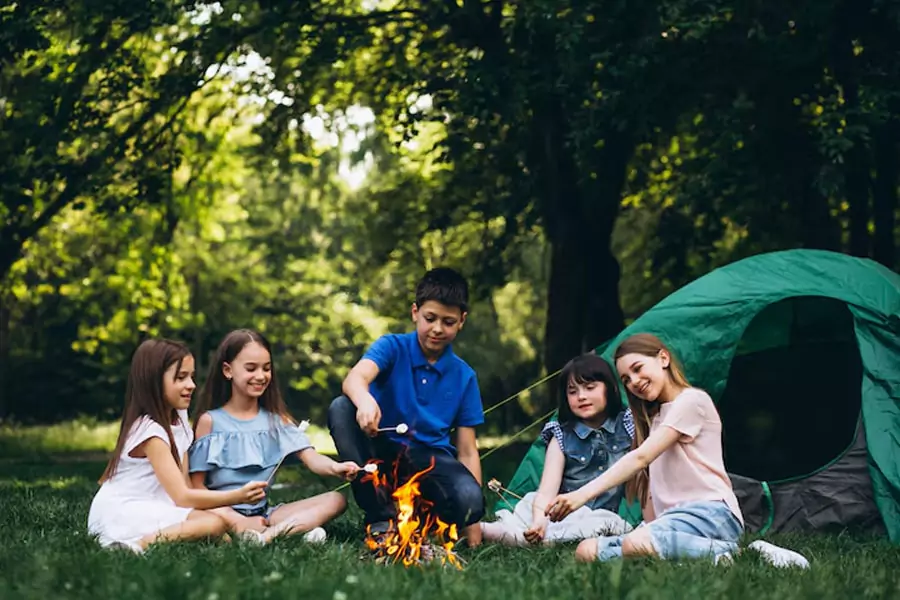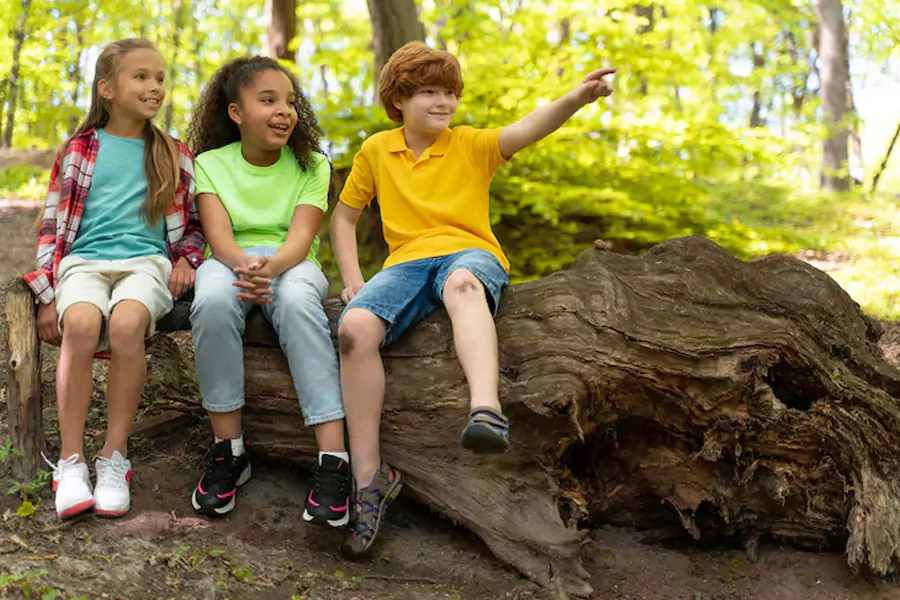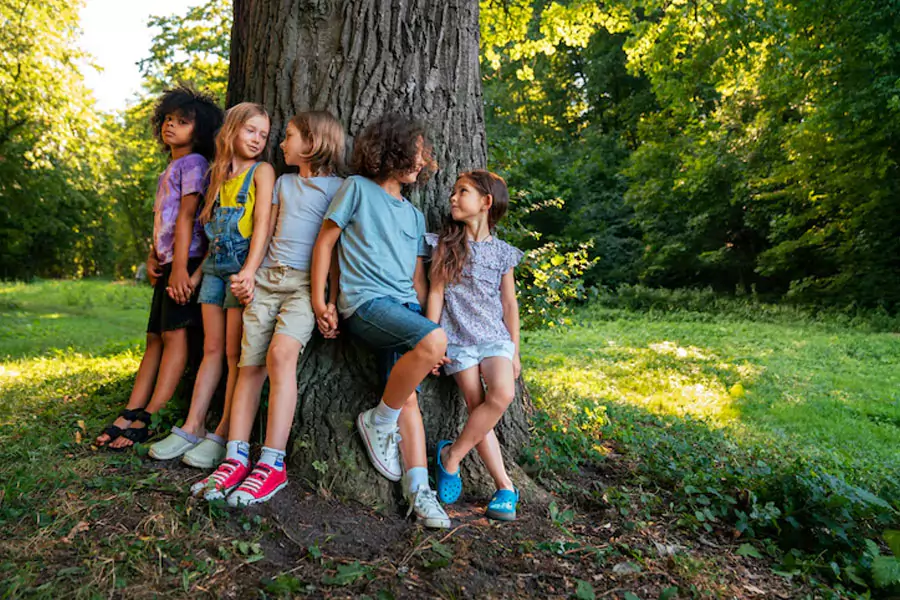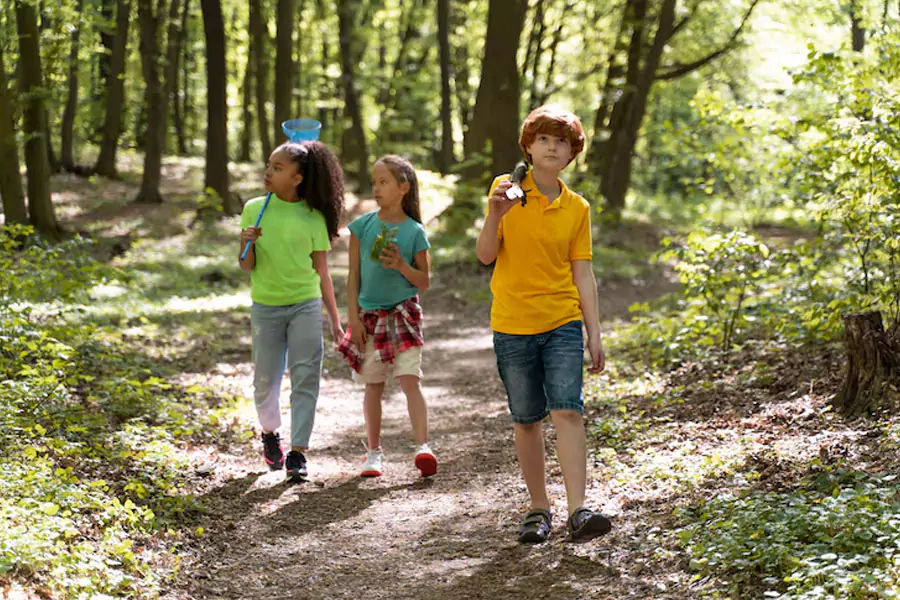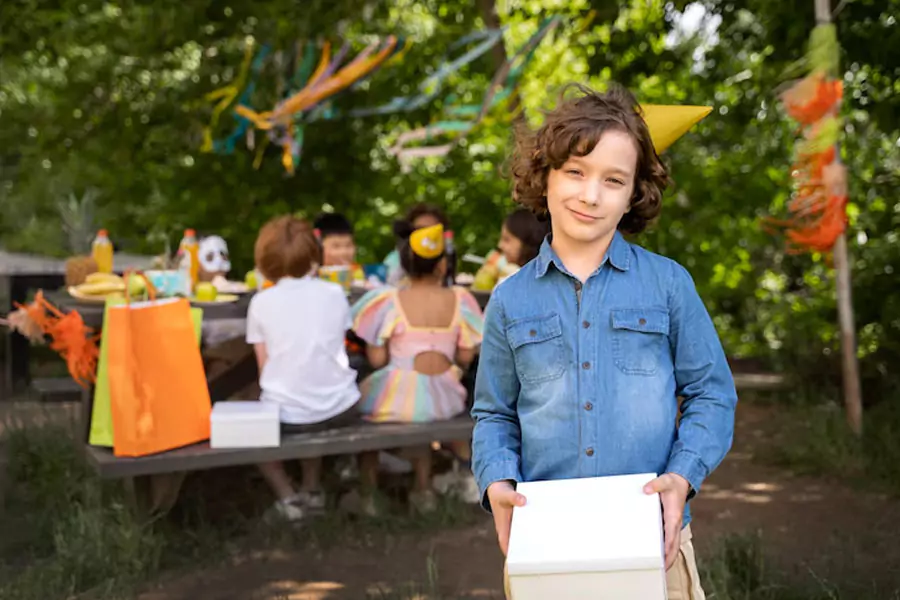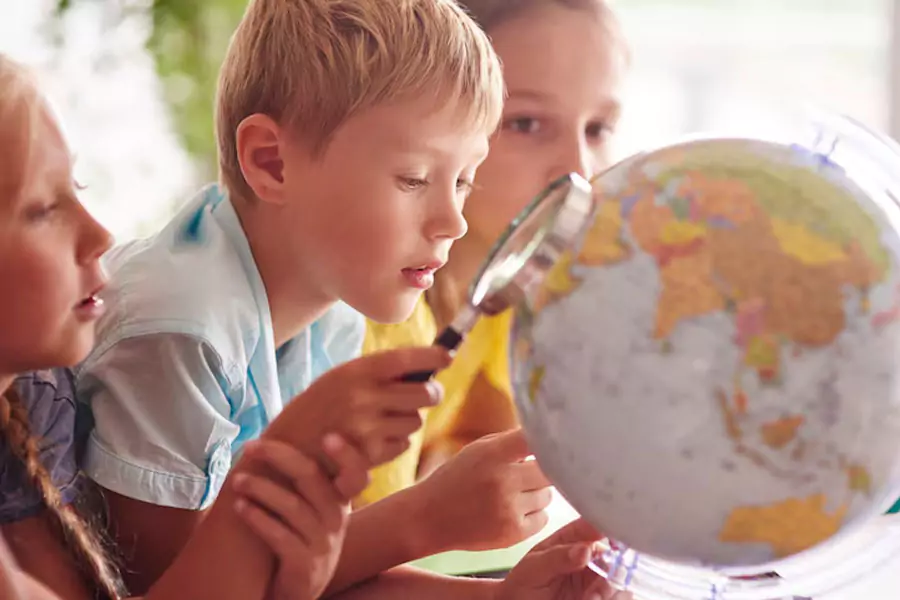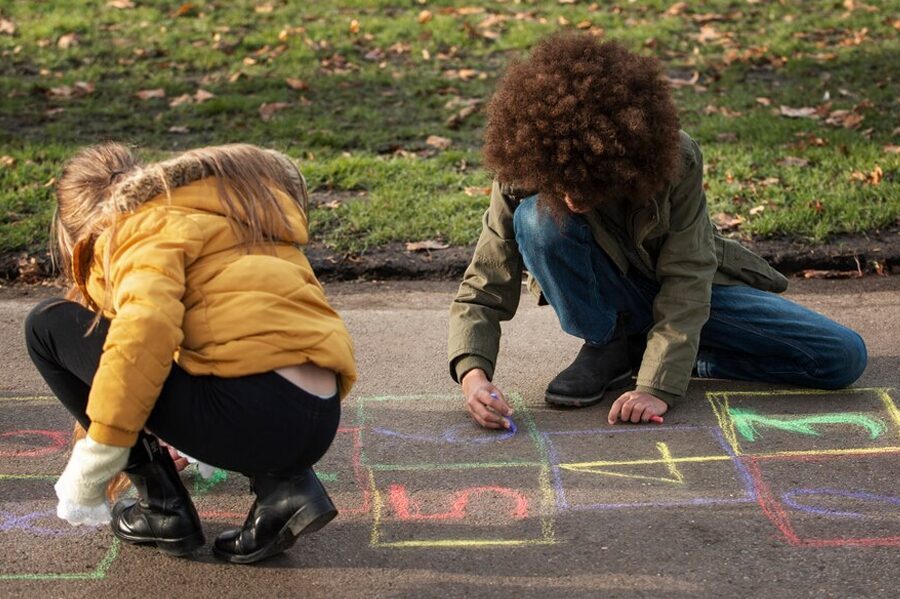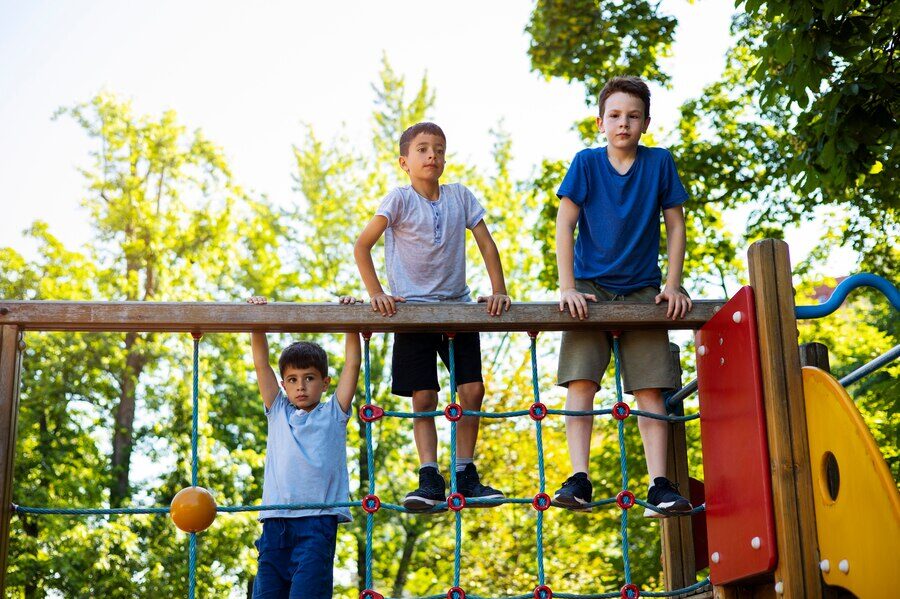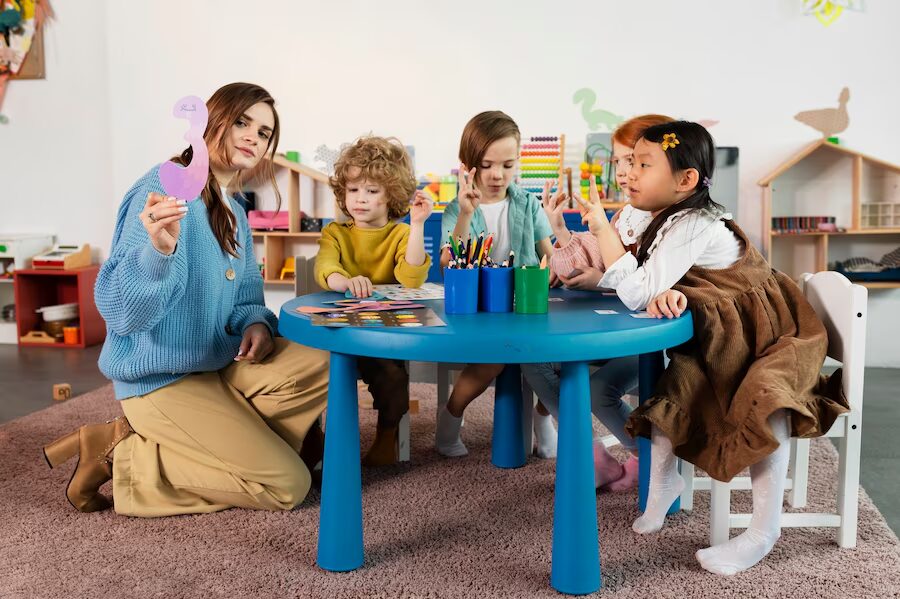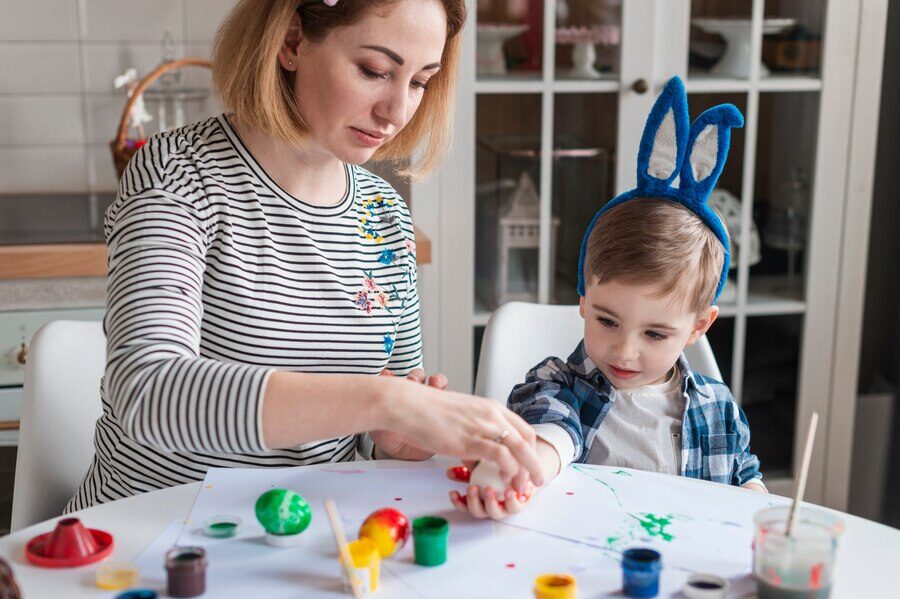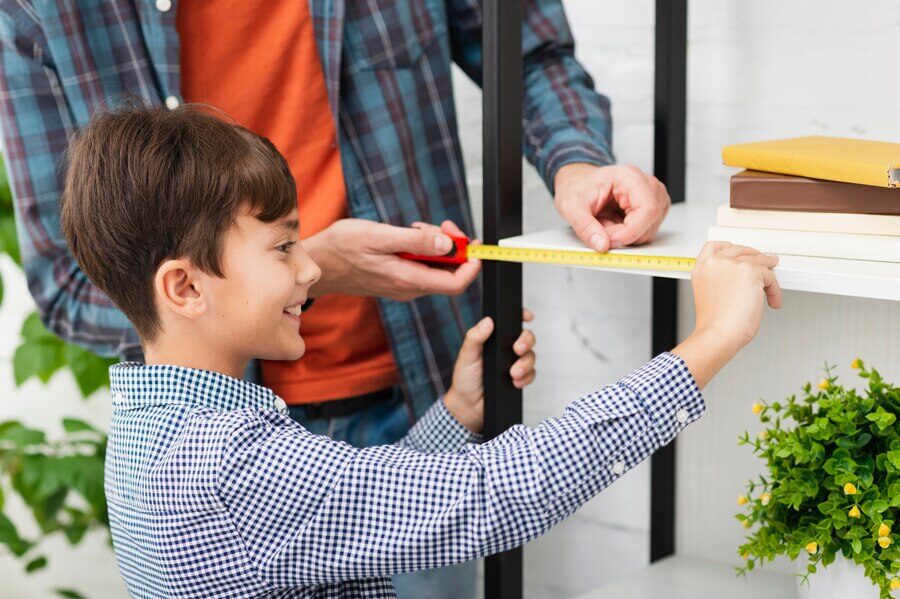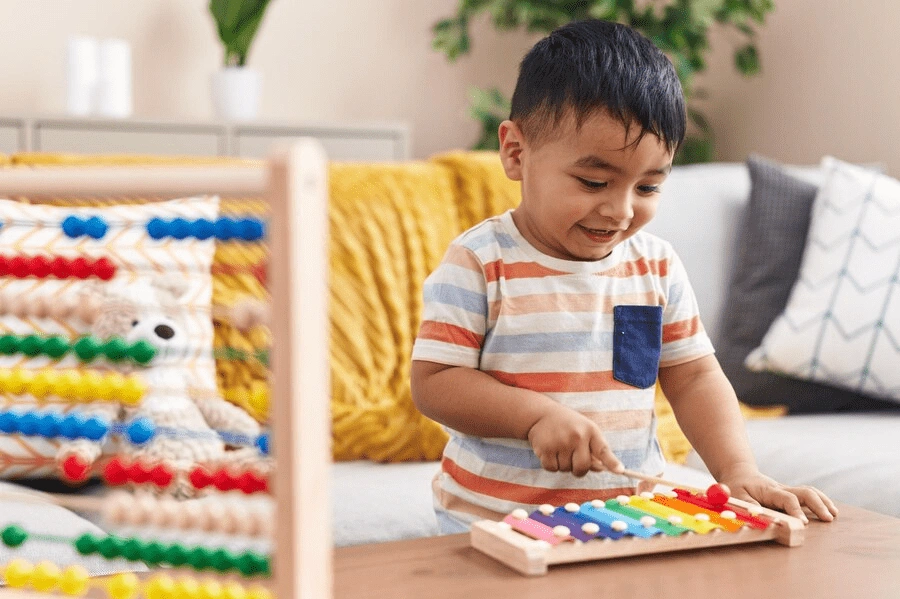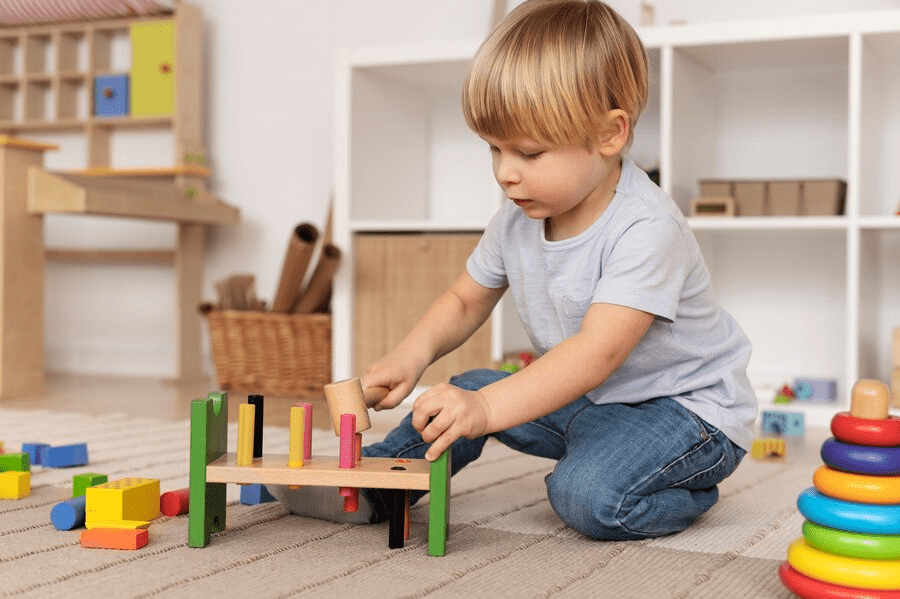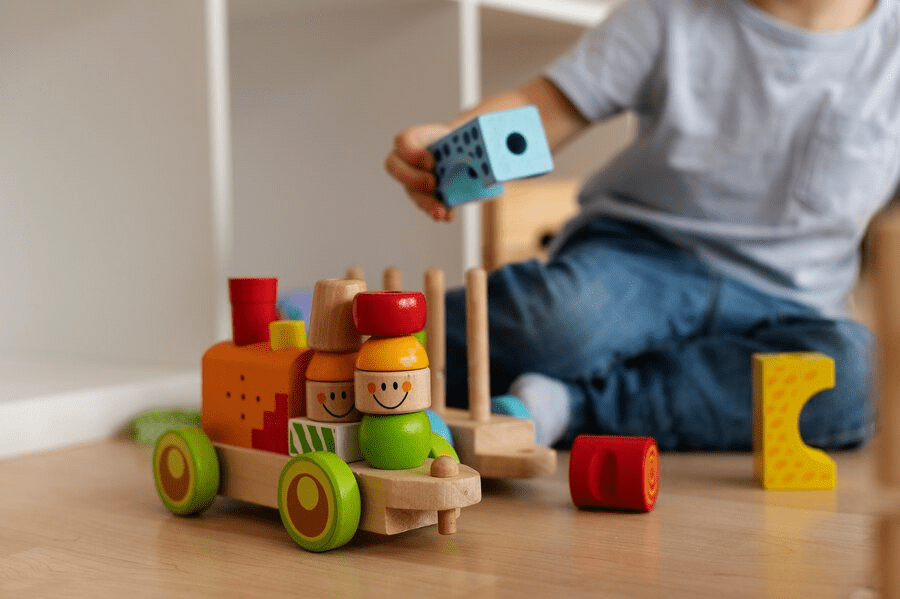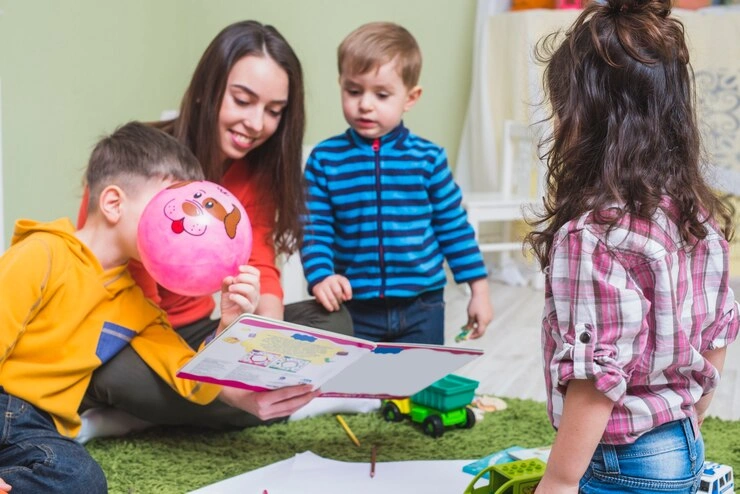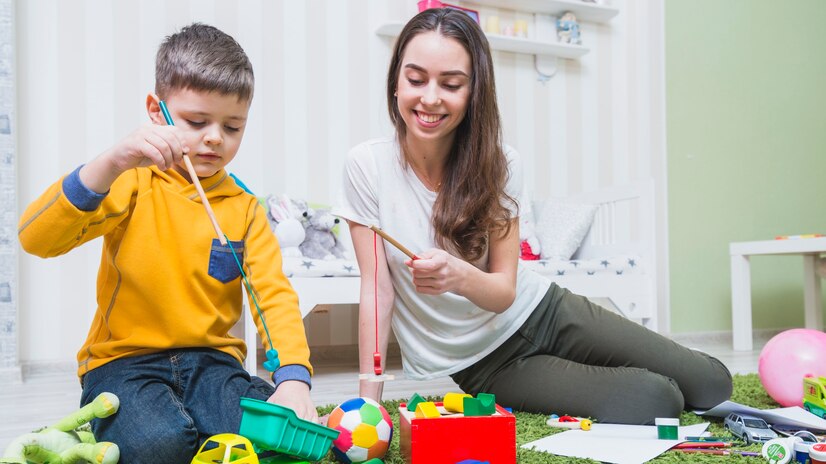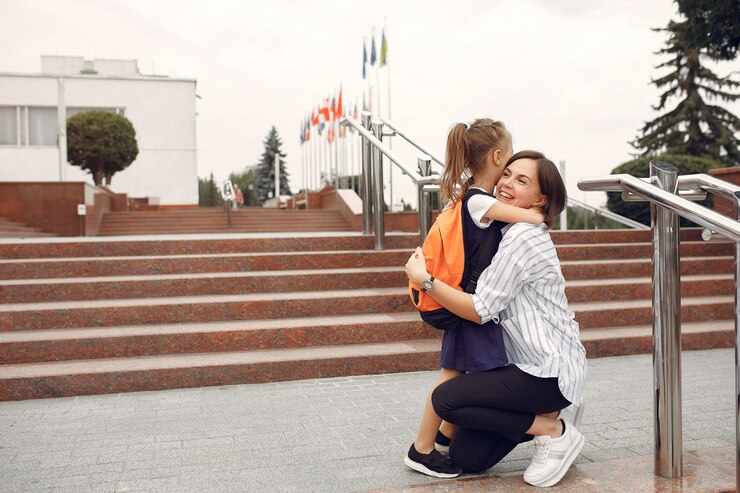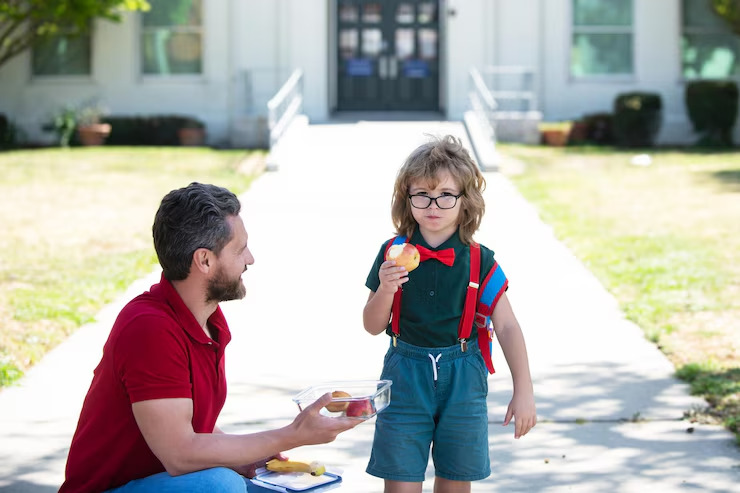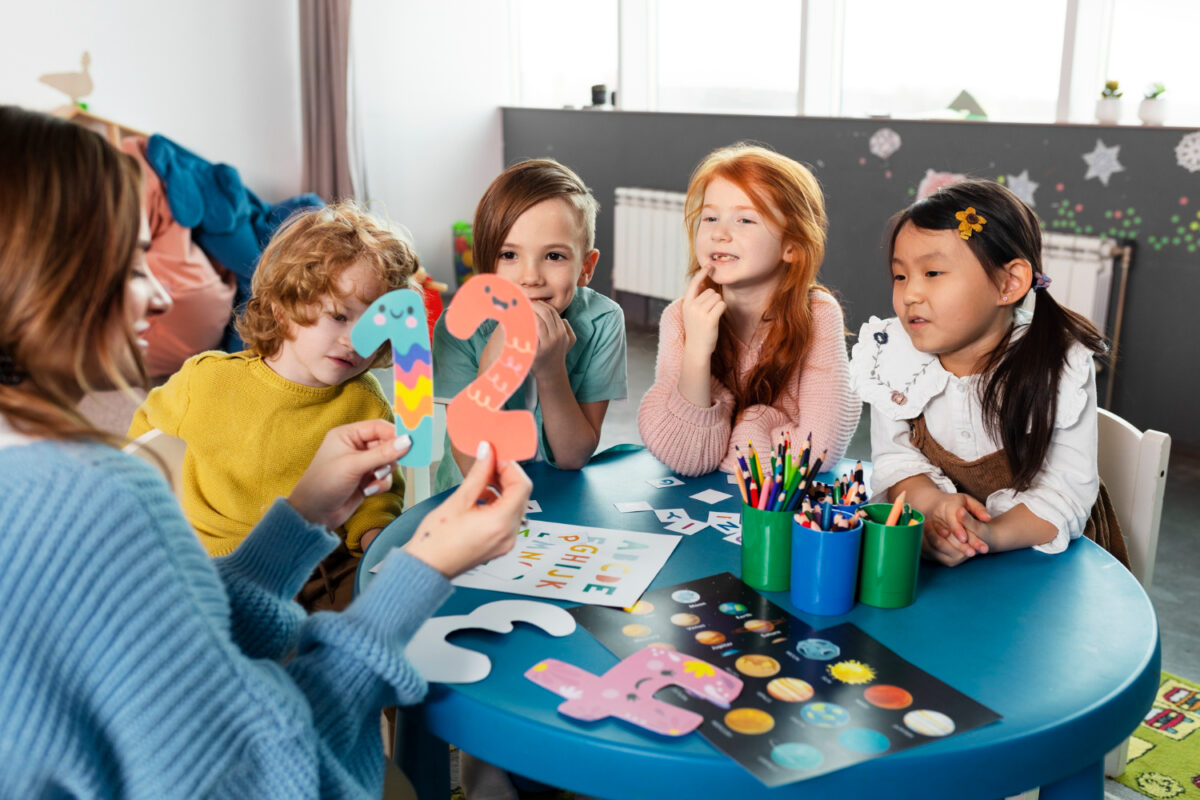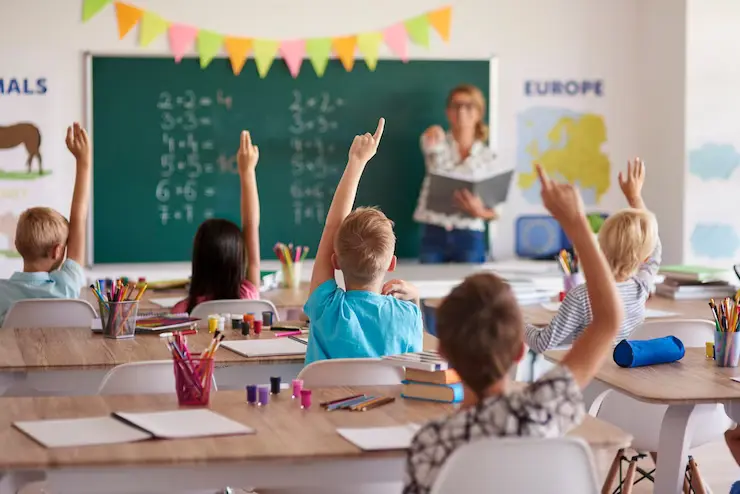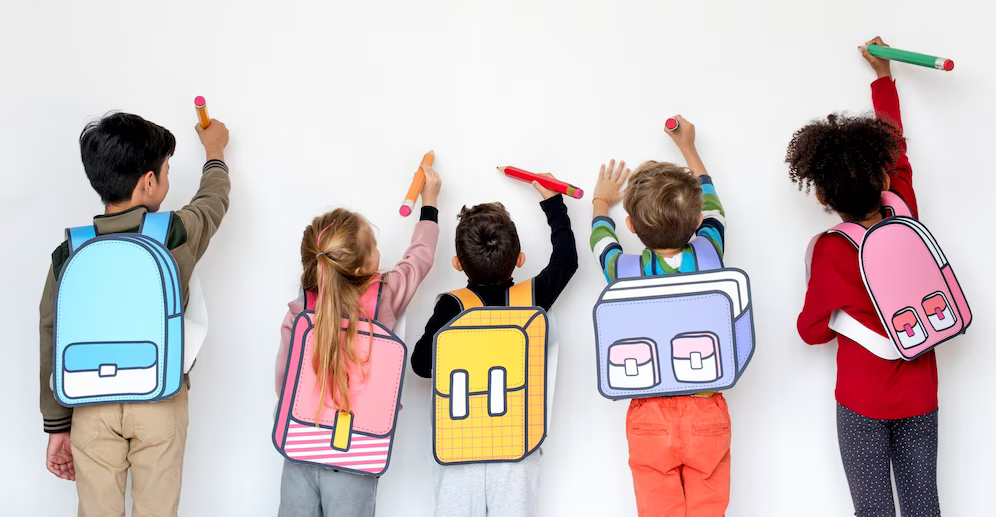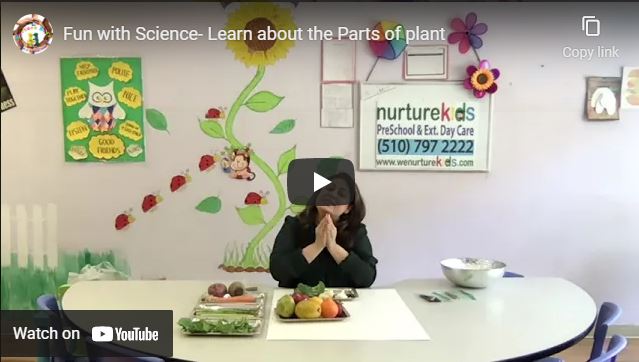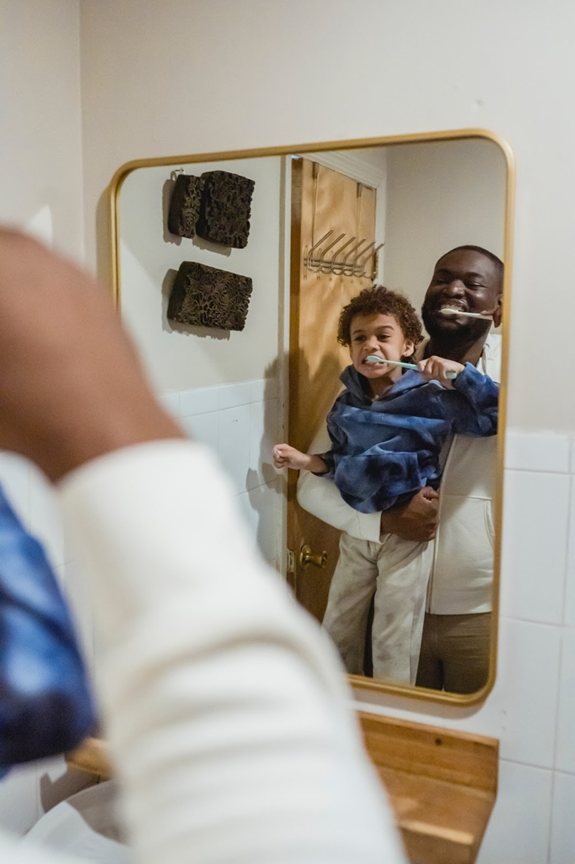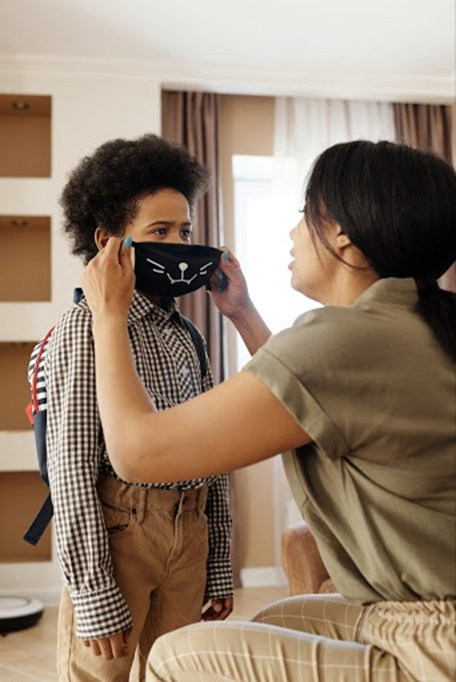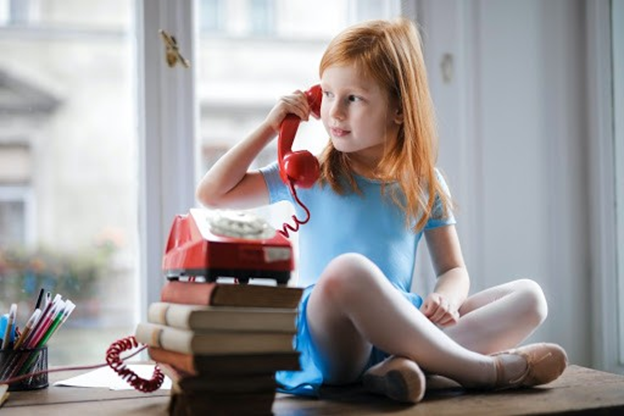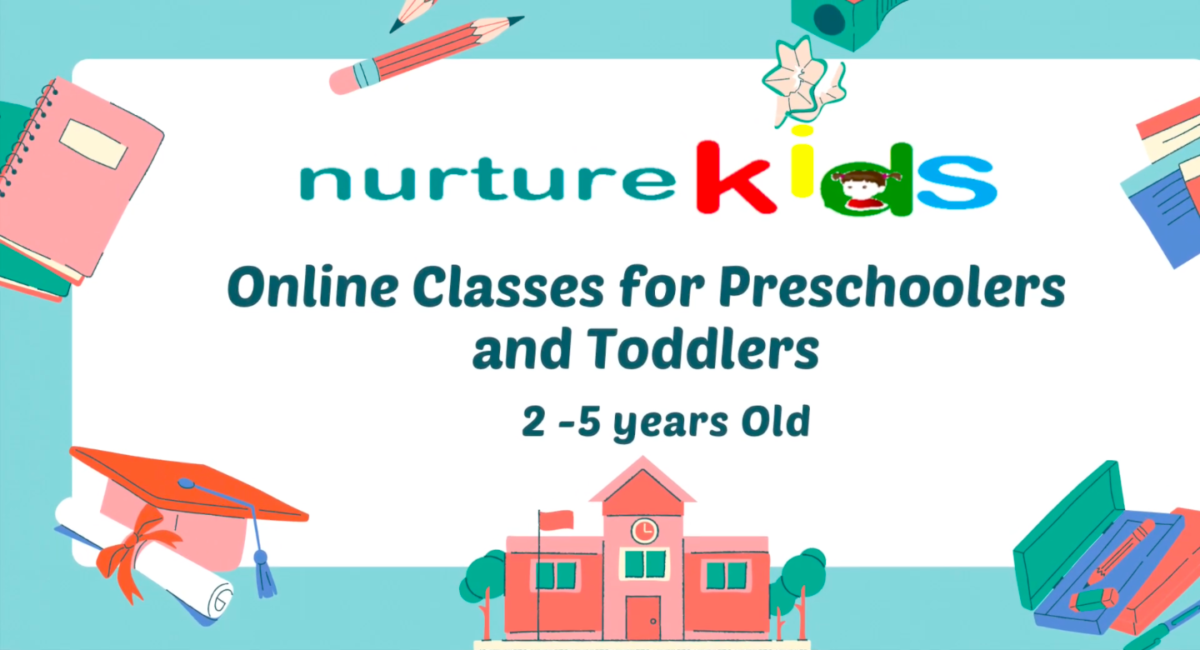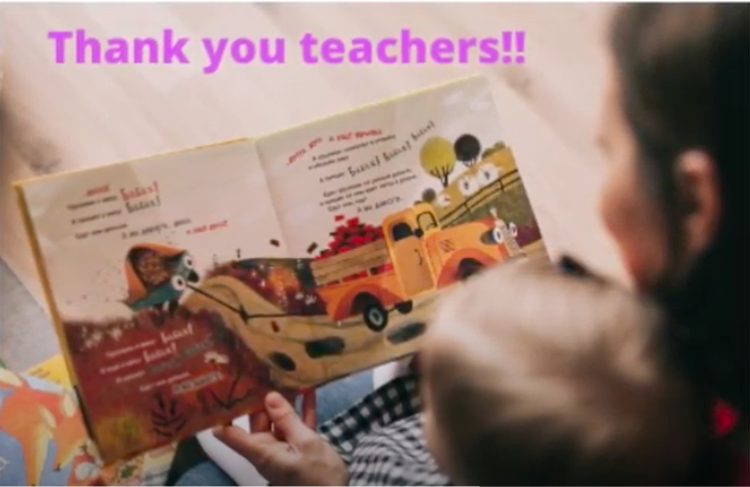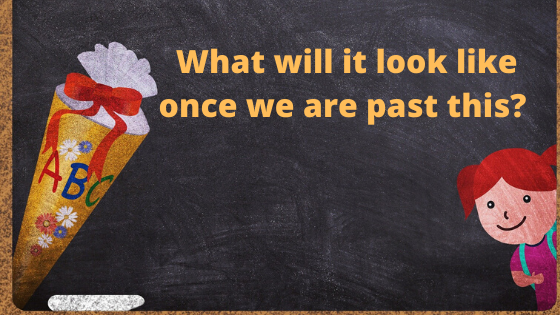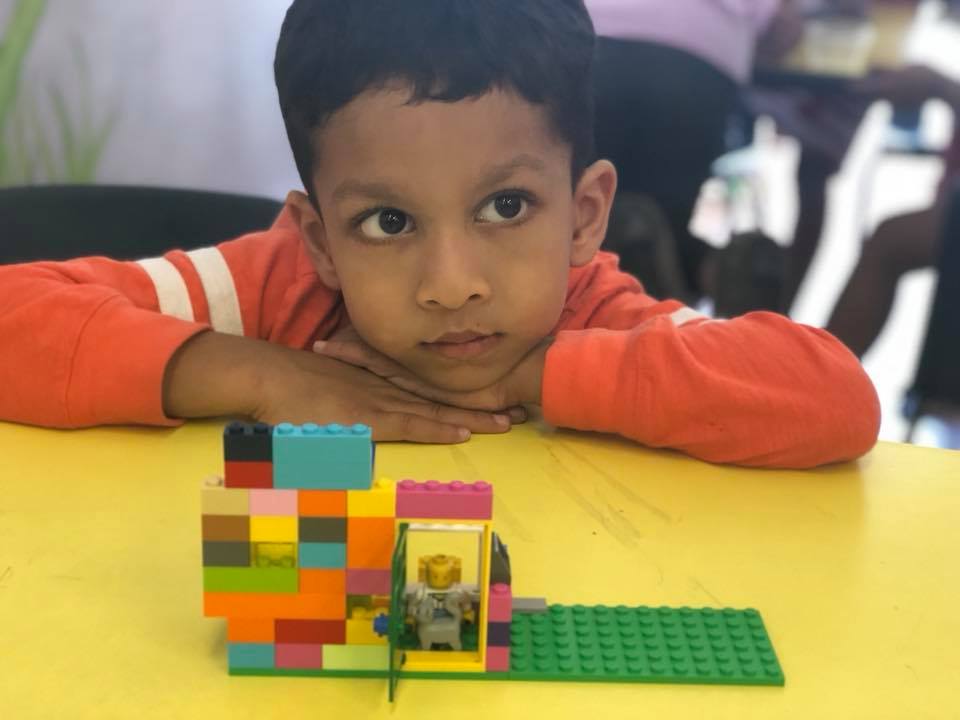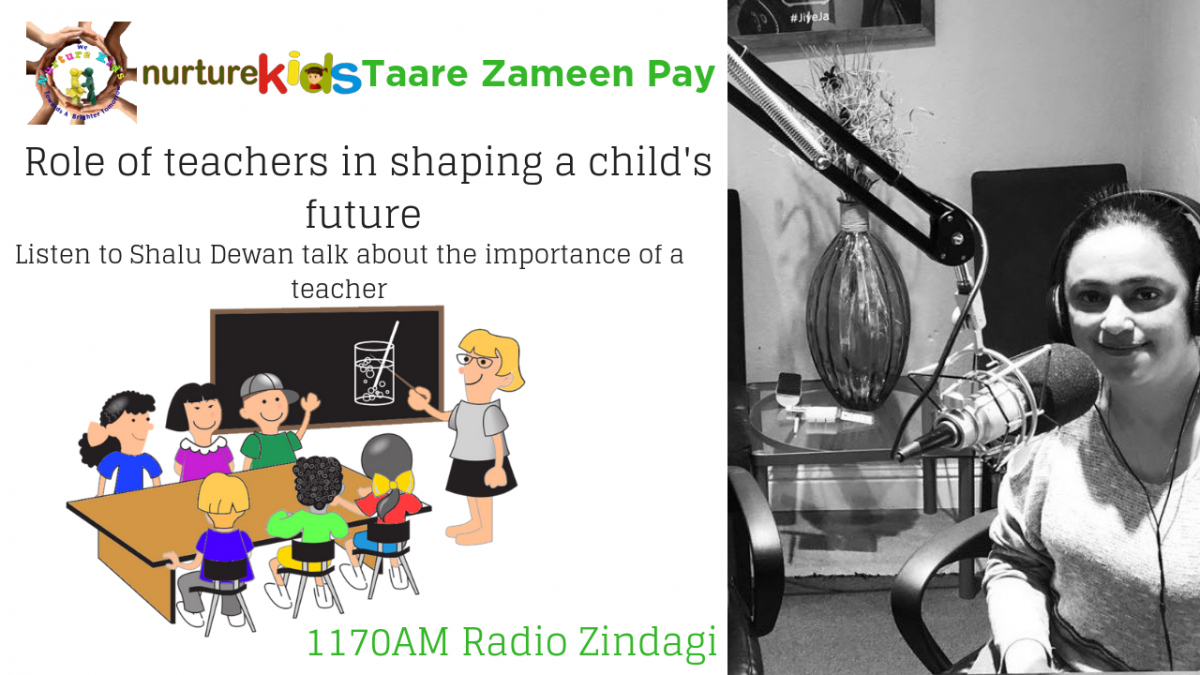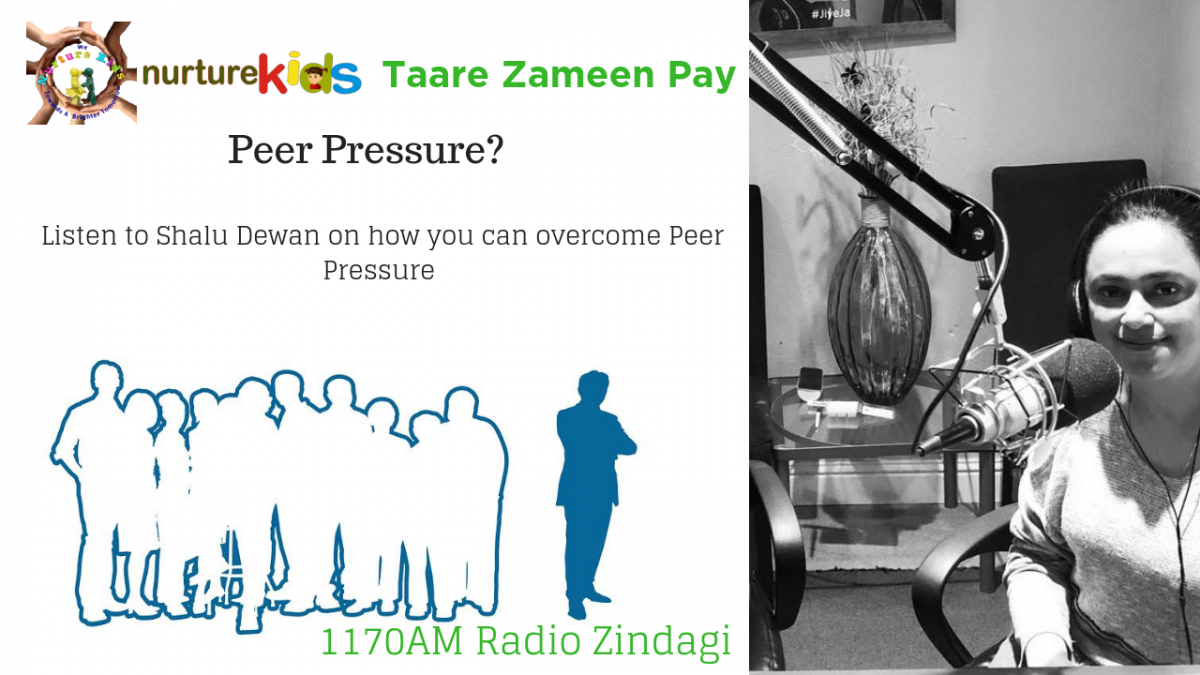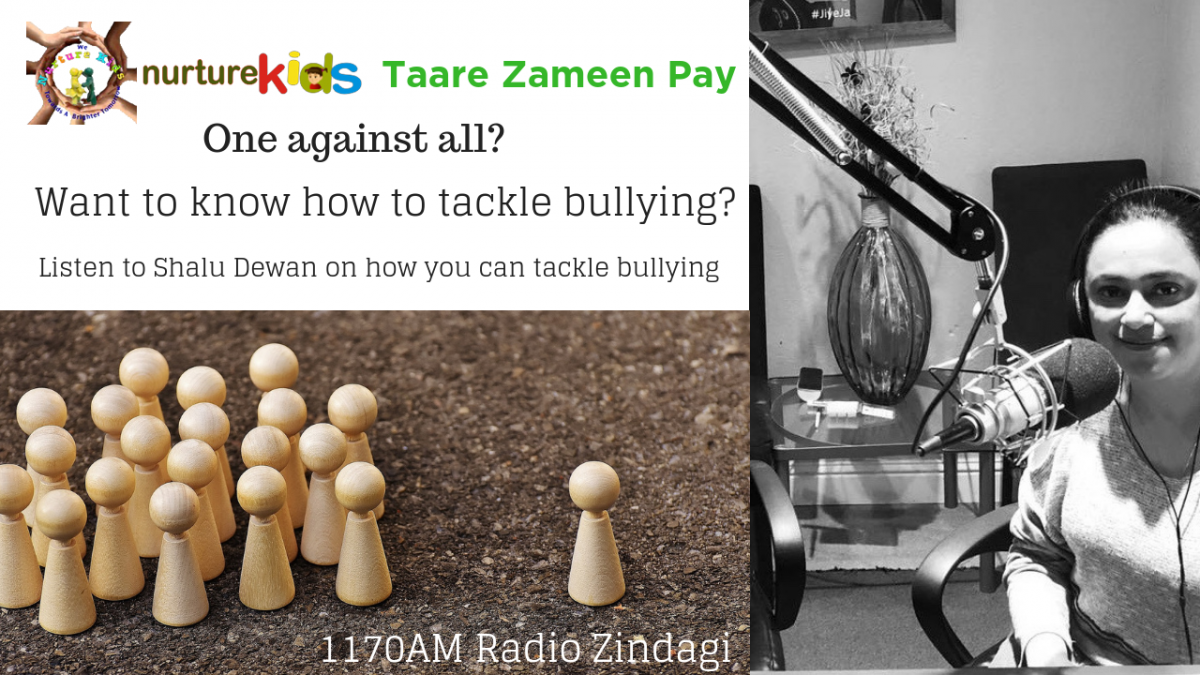As the school year winds down, many parents start the yearly journey of finding an ideal summer camp for their kids. Summer break comes with many responsibilities: juggling work schedules, enrolling kids in engaging activities, and ensuring their safety. In Fremont, families looking for a fulfilling, entertaining, and stress-free summer find comfort in one trusted name – Nurture Kids.
Children between the ages of 2-9 can enjoy Nurture Kids’ Summer Camps 2025, which offer joy and learning while ensuring true peace for all parents. Your child will be met with nurturing spaces to help them flourish while taking a kinder leap or looking to explore deeper into their passions.
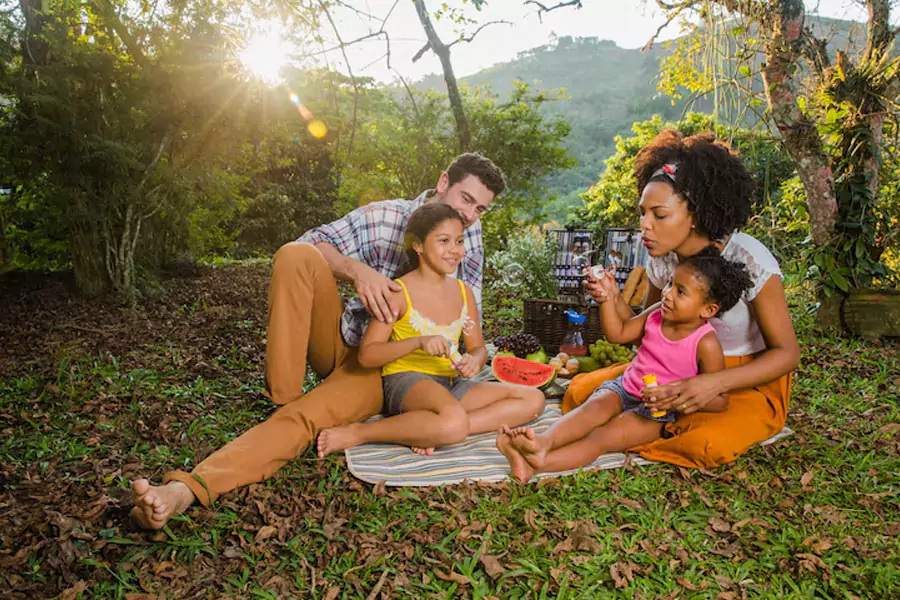
Why Parents Love Nurture Kids Summer Camps
As the warmth and sunshine accompany summer, so do the concerns of parents for their kids. In addition to the caring staff, flexible schedules, and fun activities, it’s the compassionate consideration that sets Nurture Kids Summer Camps 2025 apart. Every day at our camp is a balance of creativity, movement, and learning to fit the needs of young children.
For parents, it means that their kids are well looked after. More importantly, they are being involved, challenged, and rewarded. We have no shortage of options! Our summer camps 2025 offer many themes and special programs, allowing families to plan a summer that matches their child’s personality and interests.
Something for Every Child: Highlights from Our Summer Lineup
1. Little Explorers (Ages 2-3)
This program is specially designed for toddlers. Our Little Explorers camp features age-appropriate activities that include nature walks, water play, and music time. More importantly, children learn early socialization and develop their senses.
2. Dance Camps Summer 2025 (Ages 4-6)
Our little dancers wait for no one! Our dance camps summer 2025 boost kids’ confidence and coordination by engaging them in different dance styles in a joyful and supportive environment.
3. Zoo Summer Camp 2025 (Ages 4-7)
Don’t miss out on the opportunity for your child to explore our zoo summer camp 2025 program! We introduce kids to animals from around the world through crafts, storytelling, and interactive play. We encourage exploration through imagination by providing “zoo tours” with stuffed animals and creative habitats, ensuring that kids learn about the animal kingdom without leaving Fremont.
4. Next Level Summer Camp 2025 (Ages 5-9)
Bring it on! Our next-level summer camp 2025 targets older kids looking for adventure. It includes various team games and mini-challenges alongside leadership activities, which foster independence, collaboration, and resilience. The skills are shown in the most engaging and entertaining manner imaginable.
5. Art and Imagination Week
We implement a multidisciplinary approach for all age group participants with weekly rotating themes such as Art & Imagination, where campers paint, sculpt, and enhance their imagination. It is a creative space where imagination runs wild, creation is unrestrained, and chaos is appreciated!
Girl Scout Summer Camp 2025-Inspired Adventures
We take inspiration from the core tenets of the Girl Scout Summer Camp 2025 vision – leadership, friendship, and courage. Our all-girls sessions provide the young campers with a safe space to learn and grow together as they navigate outdoor adventures and foster community. Through themed badge activities, storytelling circles, and nature crafts, the campers form bonds that are likely to last beyond the summer.
Boys and Girls Club Summer Camp 2025 Values
Our programming also embraces the values of the Boys and Girls Club Summer Camp 2025 philosophy – encouraging kids to be kind, curious, and community-focused. Our campers, from helping with watering the camp garden and working on a collaborative art project to encouraging a classmate during a relay race, learn daily the value of compassion and collaboration.
A Parent’s Peace of Mind
We understand how sending your child to a summer camp is a big decision, especially for first-time parents. Here is how we make the process easier:
- Flexible Scheduling: Different time frames, including full-day, half-day, and extended care
- Nutritious Snacks: Healthy choices are provided every day
- Secure Facility: Supervised entry and staff trained in CPR
- Open Communication: Daily reports and photo updates
Parents receive daily reports and photo updates of their children’s activities. To make certain every child is given the proper care, we maintain a low camper-to-staff ratio.
Why Fremont Families Keep Coming Back
For years, families in Fremont have trusted Nurture Kids to deliver high-quality programming in a loving, structured environment. Your child can be learning new dance moves in our dance camps summer 2025, discovering animal facts in our zoo summer camp 2025, or building friendships in our next level summer camp 2025. Parents will witness growth in their child’s confidence, communication, and creativity.
Moreover, our flexible registration allows parents to easily choose between different programs during the summer. Start with our global adventures week, and then switch to the music-themed one next week. Every single week is filled with something new and, most importantly, unforgettable.
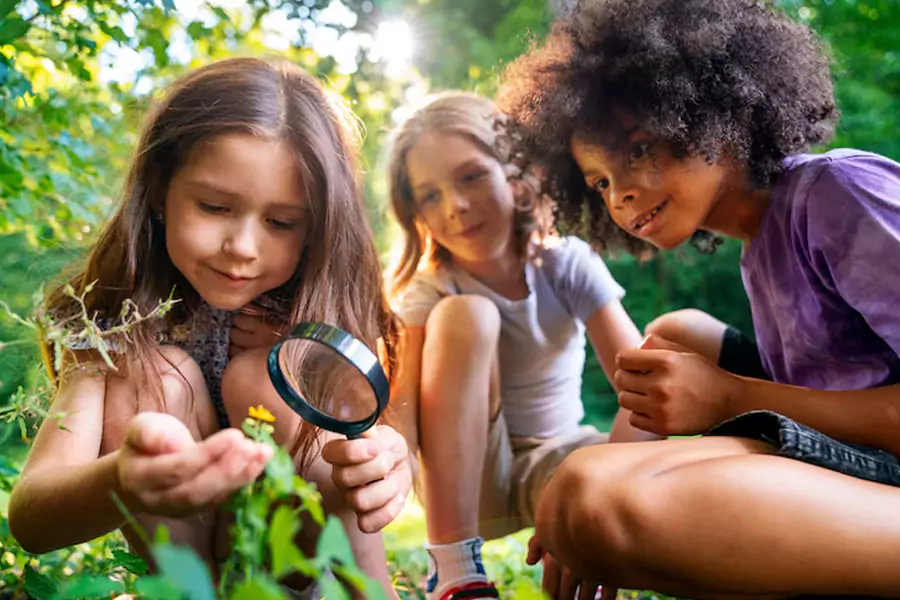
Make Summer 2025 the Best One Yet!
At Nurture Kids, we understand that summer is supposed to be something special. Something that captures the imagination of each child so they can wake up filled with excitement and go to bed feeling happy and content.
This year, give your family the gift of a stress-free summer. Let your child laugh, play, and grow at a place that feels like home. Registration for Summer Camps 2025 is now open. Spots fill quickly, so act now and secure your child’s place today.

